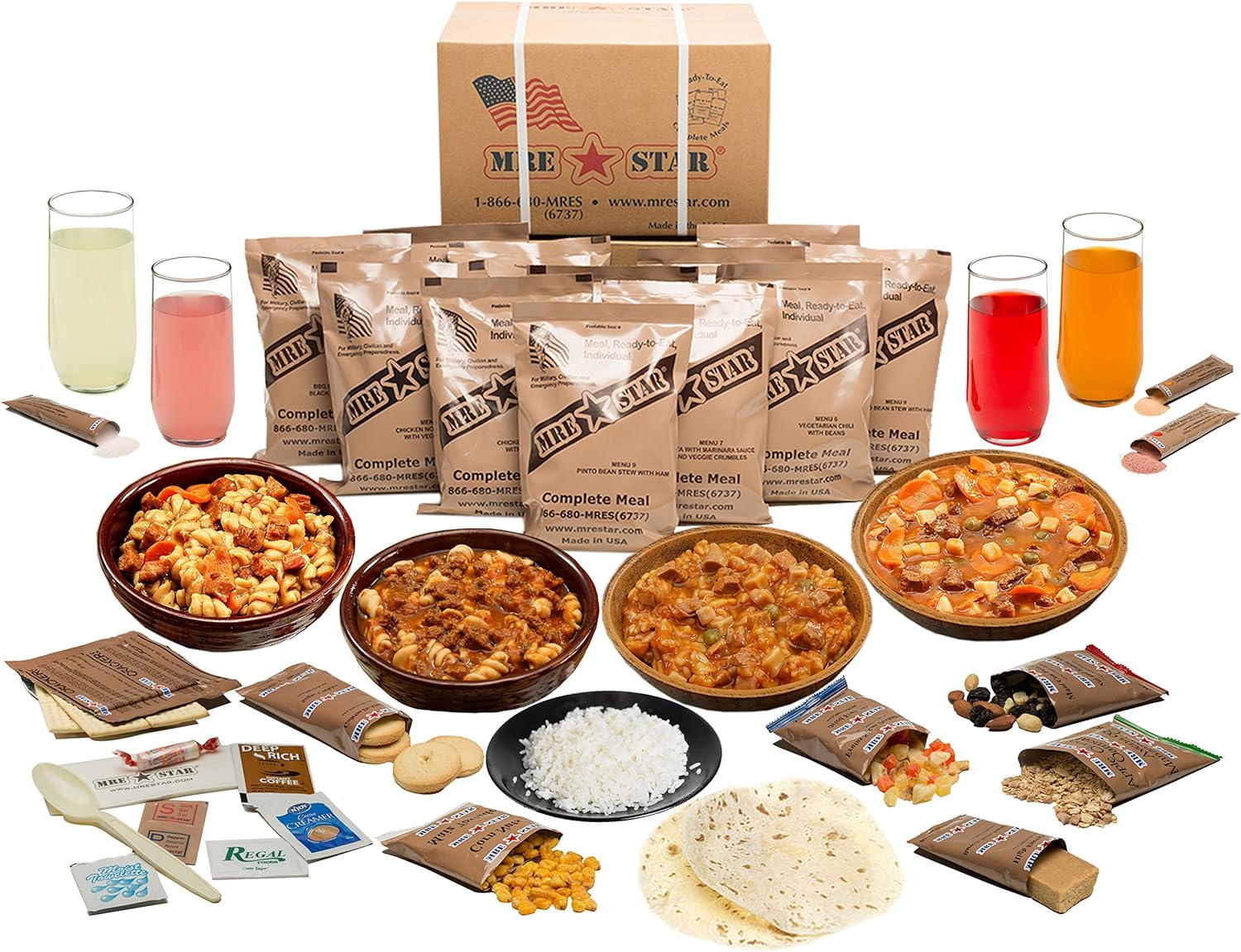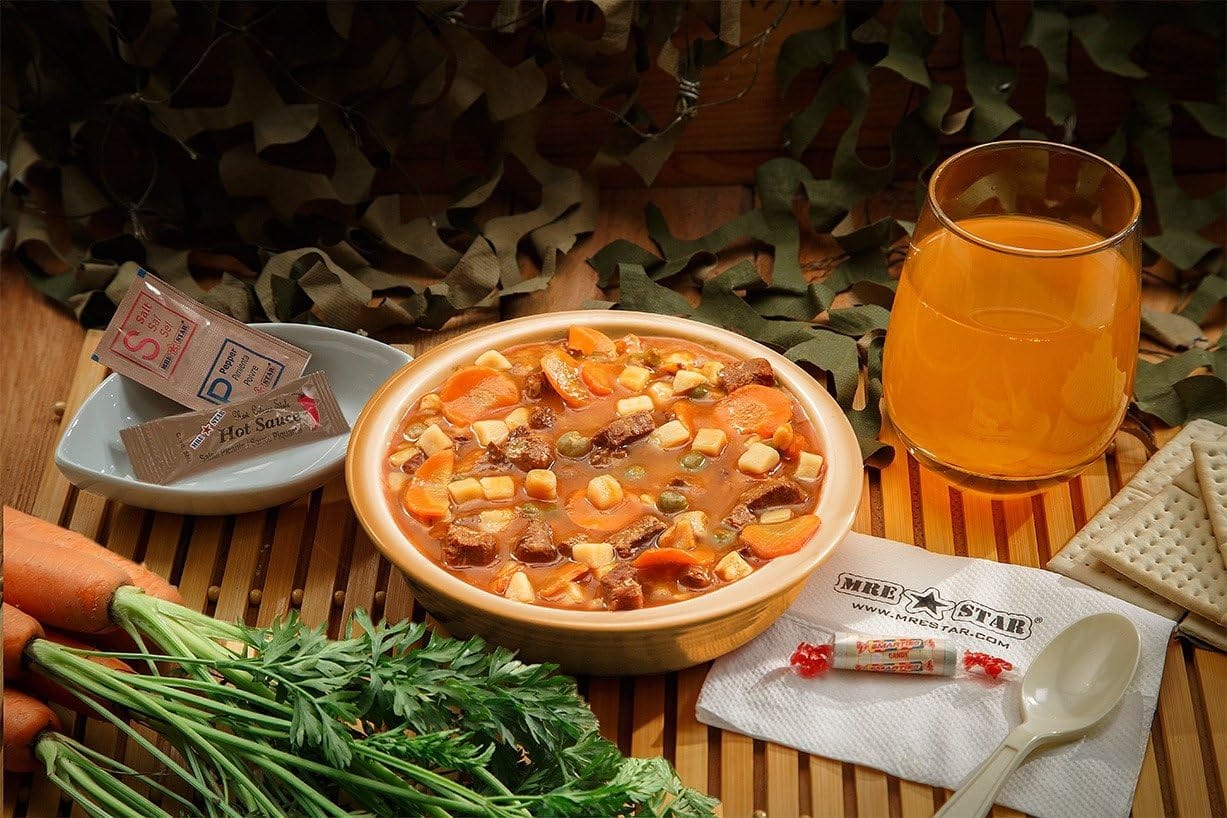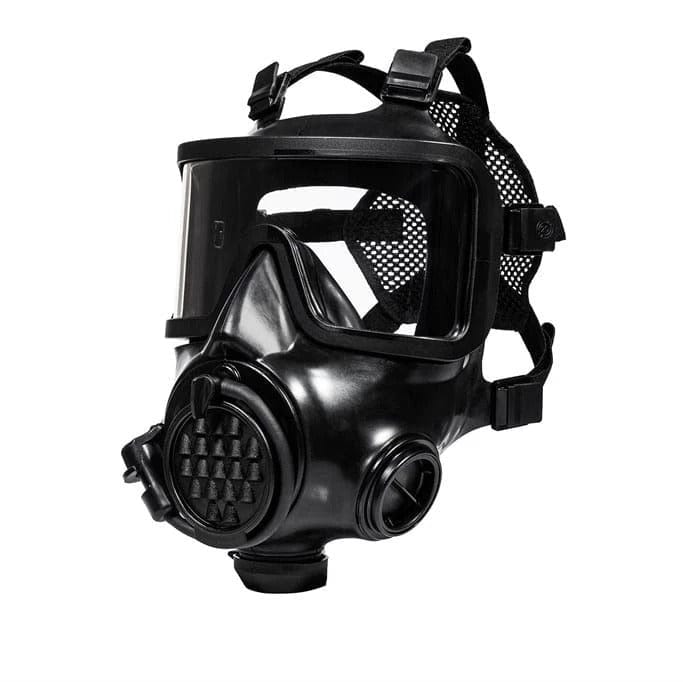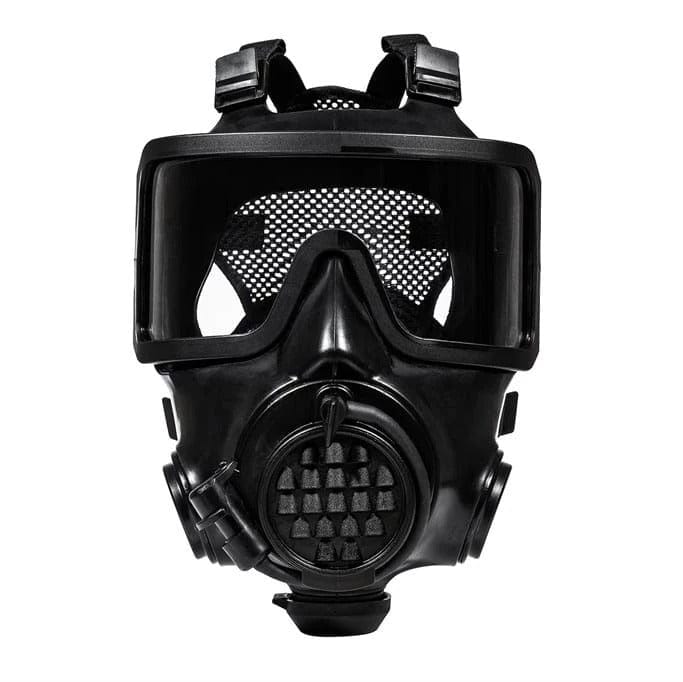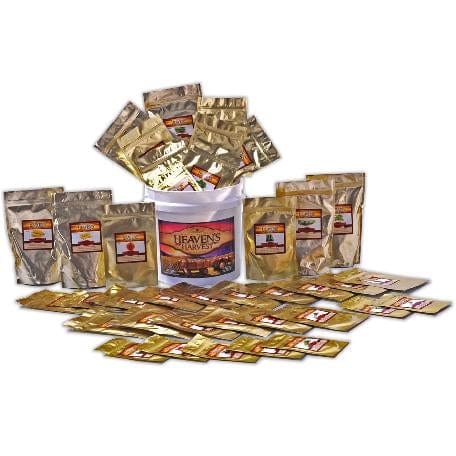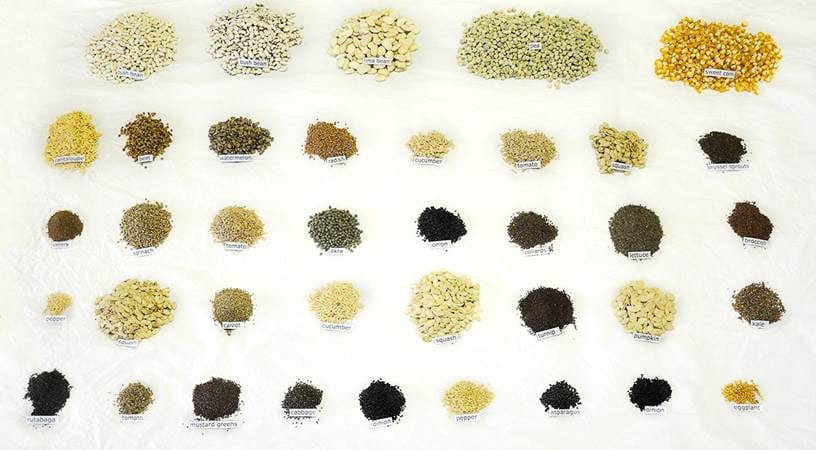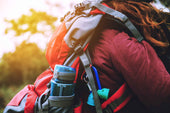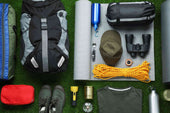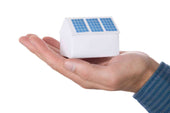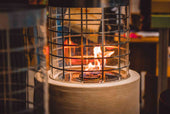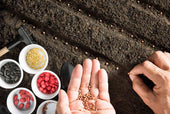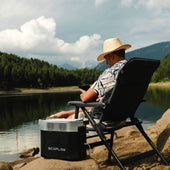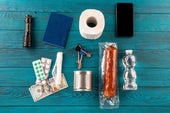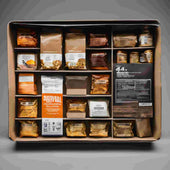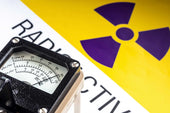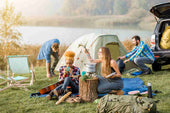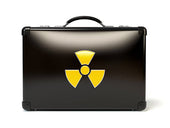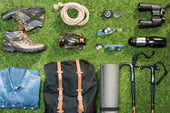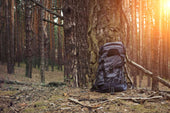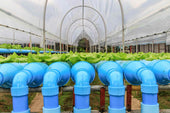Survival skills are essential in life. We might experience a disaster in our homes in the future, and without this basic knowledge, we might fail to save our loved ones.
If we travel and meet a plane crash or a shipwreck, we will die if we don't know how to swim and find a safe spot. Survival skills are techniques anyone can use to sustain life in any environment.
Researchers say our forefathers used these skills thousands of years ago. They provide an idea of acquiring necessities such as food, water, and shelter.
Mastering survival skills can also enable one to interact with plants and animals. Adventures such as mountaineering, camping, hiking, riding, and hunting require basic survival skills, especially during emergencies. These skills include primitive living and the use of several tools.
People of all ages, especially our children, must learn this set of skills. It is best to start them young so we'll feel confident wherever they are.
Benefits of learning survival skills
Survival skills usually consist of building a shelter, making a fire, searching for food and water, finding a way to safety, and mental preparedness. Let us find out below what are some of its benefits to the people:

Finding your way when you get lost
Thousands of people get lost in each country yearly while camping, hikes, or other outdoor activities in the wild. Luckily, most lost adventurers are rescued, but hundreds are never found.
They eventually die of starvation, dehydration, and exposure to dangerous animals. They can't cope with the kind of environment they have. Apart from getting lost, survival skills are also paramount in natural disasters and accidents that can cause incapacitation and other circumstances.
So, if you are an adventurer with some primitive skills, these skills will save your life and those of your loved ones during crises.
Builds self-confidence
Familiarizing yourself with survival skills will also build confidence and self-esteem in the future, preparing you to deal with potential emergencies brought by nature. You'll be more prepared to deal with a dangerous situation and easily prioritize steps to make every plan work.
Learning survival skills can unexpectedly reduce the stress you experience daily. For example, practicing making a fire can help slow down your busy mind and body.
Increase knowledge of surroundings.
One can also learn about geology, especially the animals and plants, and feel a deep connection to them, as our ancestors did for many years.
You'll appreciate the usefulness of various species of plants and the behaviors of the animals, even in the wild. In addition, your awareness of the landscape is enhanced as you begin to pay attention to geological features that tell you where to fetch water and find food.
As you practice and learn survival skills, you will become more aware of and appreciate the beautiful things around you. This will open a new world every time you step outside your home.
Because of this, your aspirations to help conserve and protect the earth will grow. Thus, you will make a difference and enable our children to experience the same ancient practices that have been part of humanity since immemorial.
Survival kits and emergency preparedness
Meanwhile, studies have shown that one component of survival is bringing some tools with you. People often carry a survival kit whenever they go outdoors.
However, the supplies in this kit vary greatly depending on your anticipated needs. When traveling in the wild, they often bring water containers, knives, first aid kits, matches or fire-starting tools, food-obtaining devices, a light, a compass, or navigation/ communication devices.
These tools are multi-purpose, handy, and lightweight so as not to become a burden when traveling. These survival kits may be bought as a package in various sellers, or individual components may be purchased and have it as a kit.
Having a survival kit can make life easier, especially during emergencies. While no survival kit can replace good knowledge and training, having one is integral to preparedness.
Survival Skills to Learn

1. The hunt for food and water
Growing own food
According to Danielle of the Rustic Elk, kids must learn how to grow their gardens. The Idea Hacks blog also suggests that kids must be taught the importance of agriculture.
Orienting the kids on gardening basics will make them survive even if no groceries are available. It will also invite creativity to the kids since gardening is exciting and fun.
First, gather all the tools and seeds to plant. Then, illustrate to them how to plant seeds or cuttings in the soil. You can also explain the basics of vegetation so that the discussion is fruitful and interactive.
Share the importance of gardening with the use of improvised tools. Lastly, please point out the importance of caring for the garden, such as watering and occasionally fertilizing it.
Spotting spoiled and unsafe food
According to Danielle of the Rustic Elk, spotting spoiled food is necessary apart from growing their food. Kids must know how to tell that food is unsafe for consumption just by its physical appearance.
The World Health Organization (WHO) says unsafe food is becoming a global threat. Furthermore, according to BBC News, 40% of the death records for consuming dangerous food are kids aged five years old and below.
Here are some simple ways to teach your kids to tell when food is unsafe. According to Lucky Peach, green potatoes should be avoided. They taste bitter and will give your kids stomach aches.
Avoid moldy food, as some bacteria will not be killed even if you cook it. Also, avoid consuming rancid nuts and oils, which have an unpleasant smell and taste.
Preserving food
Once harvested, food has a short lifespan before it ultimately rots. Thus, teaching your kids how to store and preserve food for future purposes is vital.
The Idea Hacks blog discussed the importance of gathering wild plants and fruits to keep kids safe and well-fed. Train your child to identify edible and medicinal plants with many uses.
You know, educate them on how to smoke meat, cure fish with salt, dehydrate vegetables in the sun, and use other food preservation techniques.
Food preparation
Food preparation is the key to survival. Familiarize them with kitchen tools; they will soon benefit from this knowledge.
They must know how to use a knife, clean a fish, and cook it as a meal. Opening a can without a can opener is a plus for your kids' learning. Orient the kids with food preparation, such as cooking with fire.
They must also learn to produce fire without a lighter or a match. You can teach them the primitive way of making a fire, such as through stones, sticks, or a flint. Or perhaps you can explore several options, such as using the magnifying lens to produce a fire.
Find water
Humans can go days without food, but they would die if they didn't have safe water to drink. Thus, teaching your kids how to find safe water even in emergencies is best.
Teach your kids to use their senses to find clear and flowing water in the wild, such as rivers, lakes, and streams. They can fetch water from these sources using their water containers or devise an alternative if they don't have one.
Always invite your children to be innovative to create a possible solution to a problem.
2. Situational awareness
When you get lost in the wild, one of the first things you do is assess the situation. As stated in Mom with a Prep, every child must understand that whatever happens in their surroundings directly impacts them. Bad things happen to us; we must know how to handle them as children.
Stay warm
To stay warm, one must learn to build or find a shelter. According to Danielle of the Rustic Elk, teach your kids how to benefit from their surroundings.
Guide them on how to stay safe from harmful elements such as rain, snow, or the sun's scorching heat. They can temporarily seek protection under giant boulders, caves, or even big tree branches until they formulate a plan to survive.
Swimming
Drowning is one of the most common deaths among children. Thus, it is crucial to teach them how to swim early. Swimming can keep your child's heart and lungs healthy.
It can boost the immune system, prevent diseases, and increase stamina. Furthermore, if a kid knows how to swim, you'll be confident of his chances of survival, even in whatever circumstances.
Self-defense
According to Idea Hacks, children can save themselves from danger with just a few moves. In addition, Mom with a Prep says that a child should understand how to protect themselves when someone is about to attack them.
The difference between when to run and when to fight back must be clear so they can survive. Some of the few self-defense moves, according to Life Hacker, are poking an attacker's eyes, striking his nose, kicking the knee of the attacker, and stabbing in the arms. Teach your kids to use a few tools to defend themselves in the case of emergencies.
3. The proper use of tools
First Aid
Children must not be exempted from learning basic first aid. Idea Hacks says a small cut can be deadly if not treated appropriately and immediately. The first thing to do is to introduce each item in the first aid kit and its purpose.
The first aid kit includes cotton balls, ointments, bandages, gauze, and other items. Present to them some of the medicines in the kit, take them, and when to use them. Next, teach your kids to stop bleeding and address fractures even if you are not with them.
Sewing
According to Idea Hacks, teach your kids how to sew to repair their clothes and even build tents when they need one in the wild. You will need thread and a needle for sewing, but you can teach your kid to look for alternatives, such as an awl or thin sticks, in disasters.
Using a blade
Blades are helpful during emergencies. You can use it as self-defense, as a tool to look for food, produce fire, and build a bandage for your wound. Thus, teaching your kid how to handle a blade would be best. Kids must know how to sharpen a blade and how they can keep it safe. Most importantly, kids must know how to handle the knife without harming themselves.
4. Determine the direction
How to use a compass and read a map
Some parents provide their kids with gadgets that will help them tell their location even during catastrophes. While these gadgets have GPS features and are accurate, they will run out of battery in the long run.
Thus, the most reliable method is to teach your kids to determine directions, read a map, and use a compass. Maps will help us figure out our place in the world, so expose your kids to the grids in a map and the compass needles, and they will find their way back home.
5. Psychological and emotional preparedness
Lastly, your kid must learn to keep calm and think even if their life is in danger. Kids must be trained to work even under pressure, especially in the wild. If they are alone at home and feel something strange, teach them to remain calm. If they panic and start screaming without making any survival plans in their head, then they will most probably not survive.
Conclusion

Teaching our children basic survival skills while young can have various benefits. It can unite them with nature and help them learn new things. It can also boost their self-confidence, open their minds, and invite creativity.
Lastly, it will save their lives even if we are not at their side, which is essential knowledge. Some kids in your neighborhood need an orientation on basic survival skills. We never know what will happen, so now is the best time to act.


